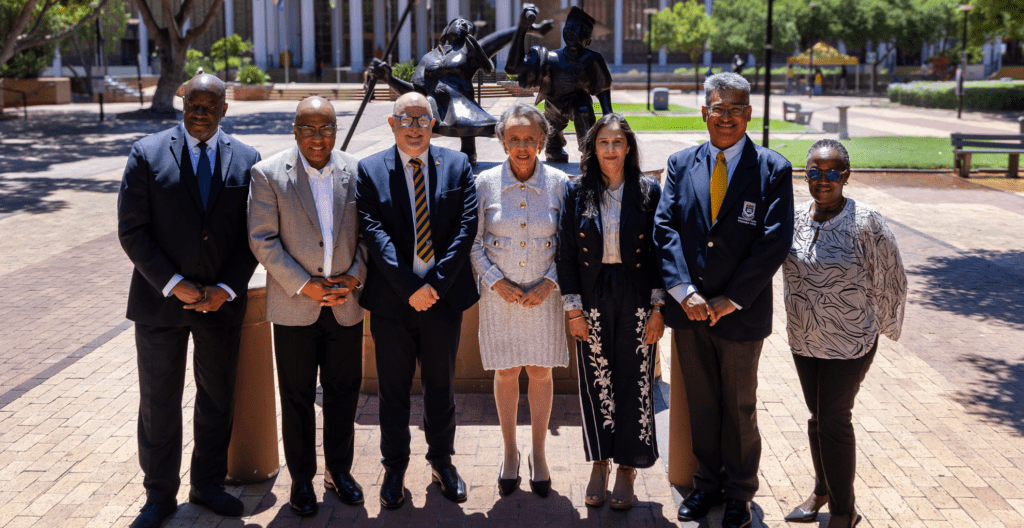Historically Black Colleges and Universities (HBCUs) have a lengthy and proud legacy of serving the underserved.
HBCUs disproportionately enroll low-income, first-generation and academically under-prepared college students – precisely the very students that our country most needs to obtain college degrees. More than 75% of students attending HBCUs rely on Pell Grants and nearly 13% rely on PLUS Loans to meet their college expenses. Furthermore, HBCUs have 1/8th of the average size of endowments than predominantly White colleges and universities. Against these stark odds, HBCUs have historically provided an affordable education to millions of students of color, graduating the majority of our nation’s African-American teachers, doctors, judges, engineers, and a disproportionate percentage of Black college graduates who graduate each year with degrees in STEM disciplines.
It is precisely because of the immense value that HBCUs provide to our nation, the underserved communities that they support and the unique vulnerability our schools have, particularly in the wake of the COVID-19 pandemic, that Congress deemed it appropriate to set aside $1.04 billion in the CARES Act specifically for HBCUs, Predominantly Black Institutions (PBIs) and other Minority Serving Institutions (MSIs), to help them continue to perform their respective missions despite the pandemic. This funding has allowed most of our schools to navigate their way through the end of the spring semester without having to make significant program cuts or layoffs. However, as we now look toward the upcoming academic year, a myriad of new challenges and threats to our institutions lay ahead.
As the decision on whether to conduct classes exclusively online this Fall confronts our schools, many of the very students whom we take pride in serving face the potential of being locked out of the opportunity to continue their education in the absence of a solution similar to that offered in the Supporting Connectivity for Higher Education Students in Need Act, which helps to ensure that low-income college students have the ability to access the internet at home. Furthermore, as we approach June 30th, a date that marks the end of the annual or biennial fiscal years for forty-six of the nation’s fifty states, governors and state legislatures are being forced to make some extremely tough decisions in order to balance their budgets. If past precedent serves as any guide, we can readily anticipate that higher education will be forced to endure an outsized portion of those cuts and, as a consequence, our largely tuition-dependent, public HBCUs will, inevitably, suffer an even greater hardship from those state funding cuts than better-resourced flagship institutions.
To avert these crippling cuts, not only to higher education, but across state and local governments, it is imperative that the federal government provide direct aid to states that can be used to help fill the revenue shortfalls caused by the ongoing pandemic and, in so doing, avoid unraveling the very safety net that the CARES Act funding afforded to our schools. Additionally, as several states have still not fully-funded higher education to the pre-2008 recession levels, it is also imperative that “maintenance of effort” provisions be included in any prospective legislation to help ensure that states are not simply able to cut funding to higher education and then back-fill those cuts with federal stimulus funds. With massive revenue losses impending in the upcoming school year for our enrollment and tuition-dependent institutions, more bold action in the form of direct aid to HBCUs, PBIs and other MSIs is desperately needed now. An example of the type of bold action that is needed can be seen in the House-passed HEROES Act which included $1.7 billion in direct aid to HBCUs, PBIs and other MSIs. This level of funding would help to counteract the inevitable revenue shortfalls that will be the product of significant anticipated attrition in Fall enrollment and help keep our institutions strong and ready to serve students through the remainder of this pandemic and for decades to come. In order to prevent potentially irreparable harm to our nation’s Historically Black Colleges and Universities, bold action must be taken at the federal level now. Both chambers of Congress and the Trump Administration must come together quickly and in a bi-partisan fashion to deliver for HBCUs and their students.
HBCUs cannot afford to wait.
Dr. Harry L. Williams is the president & CEO of the Thurgood Marshall College Fund.



